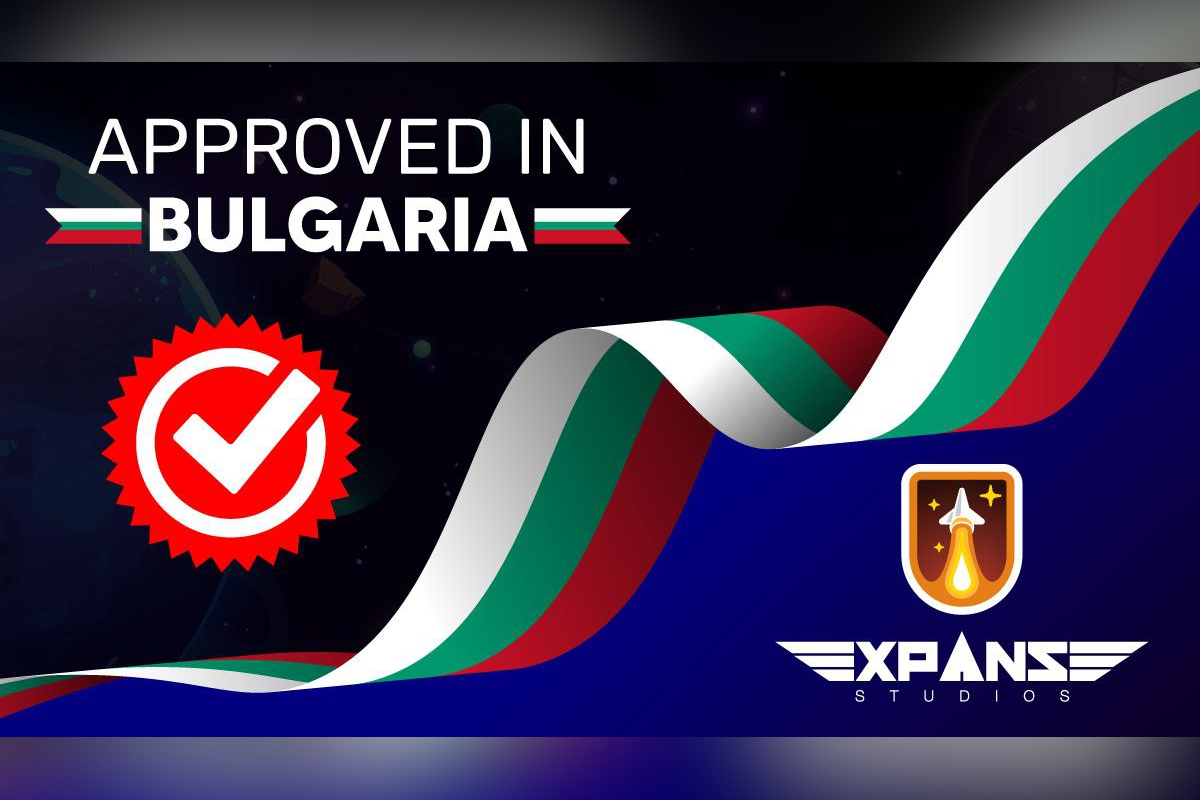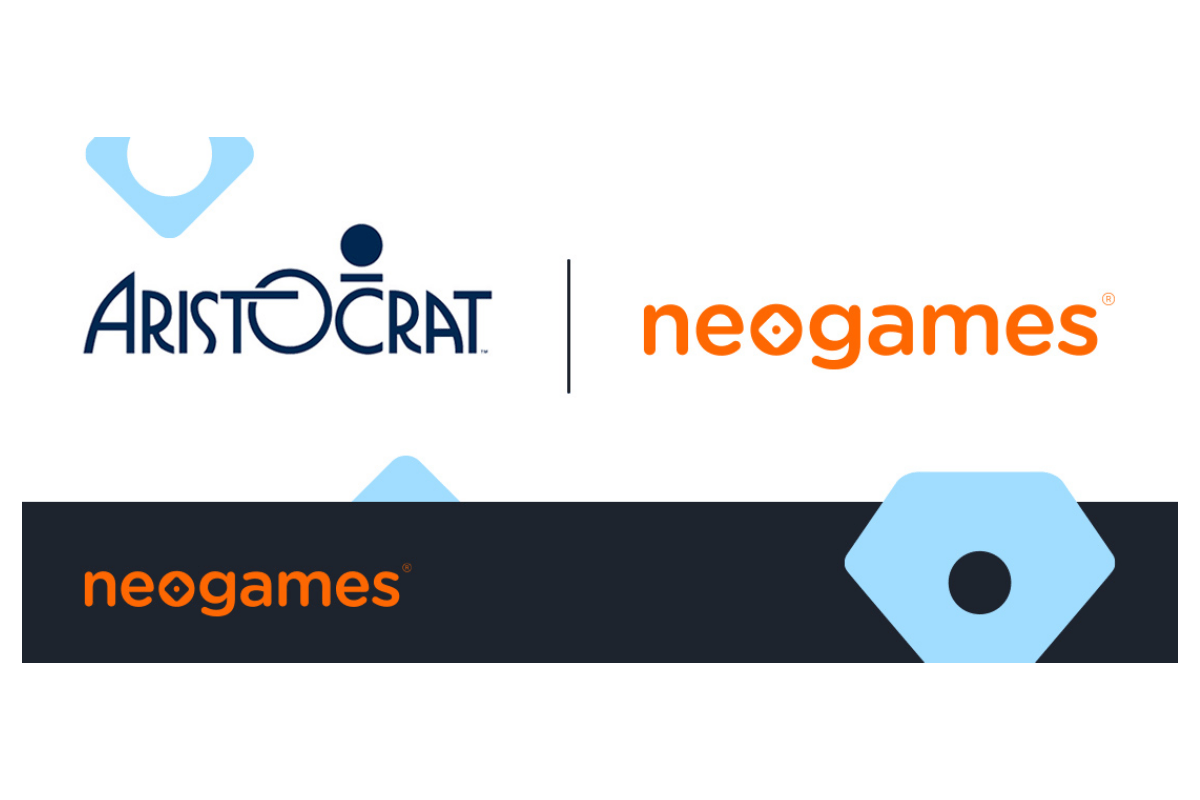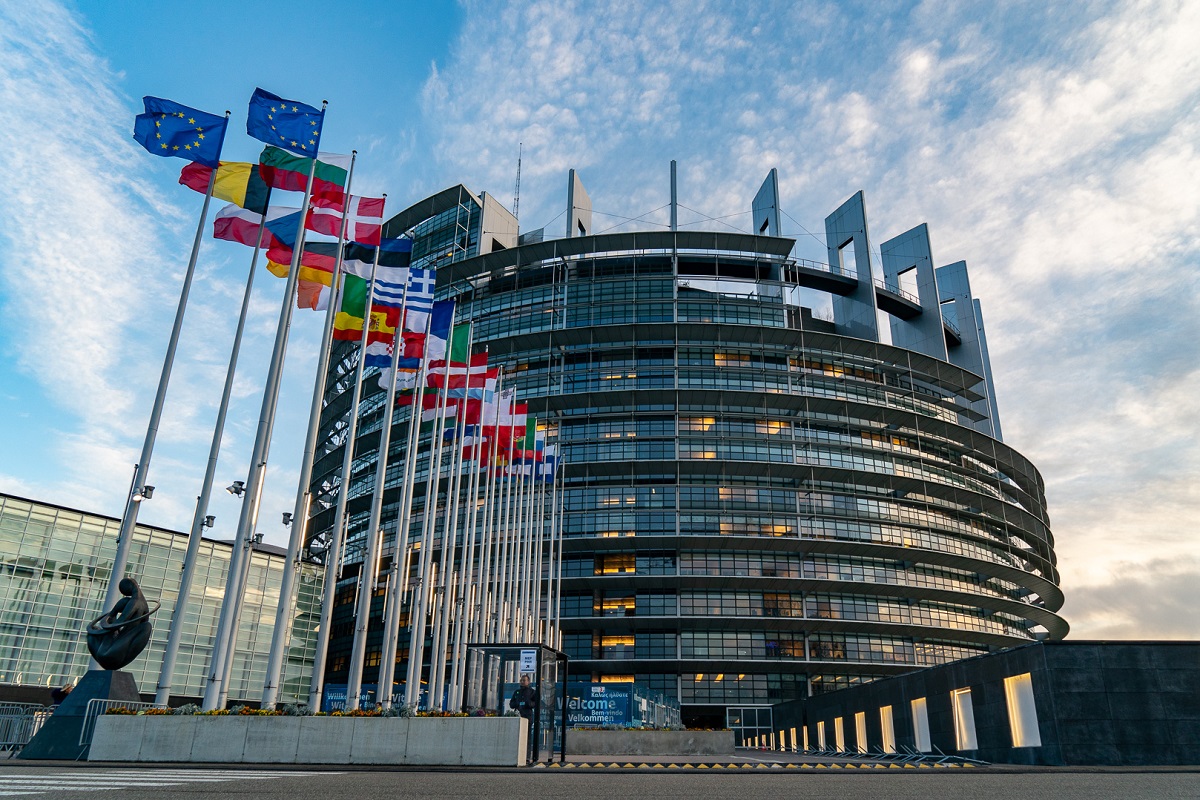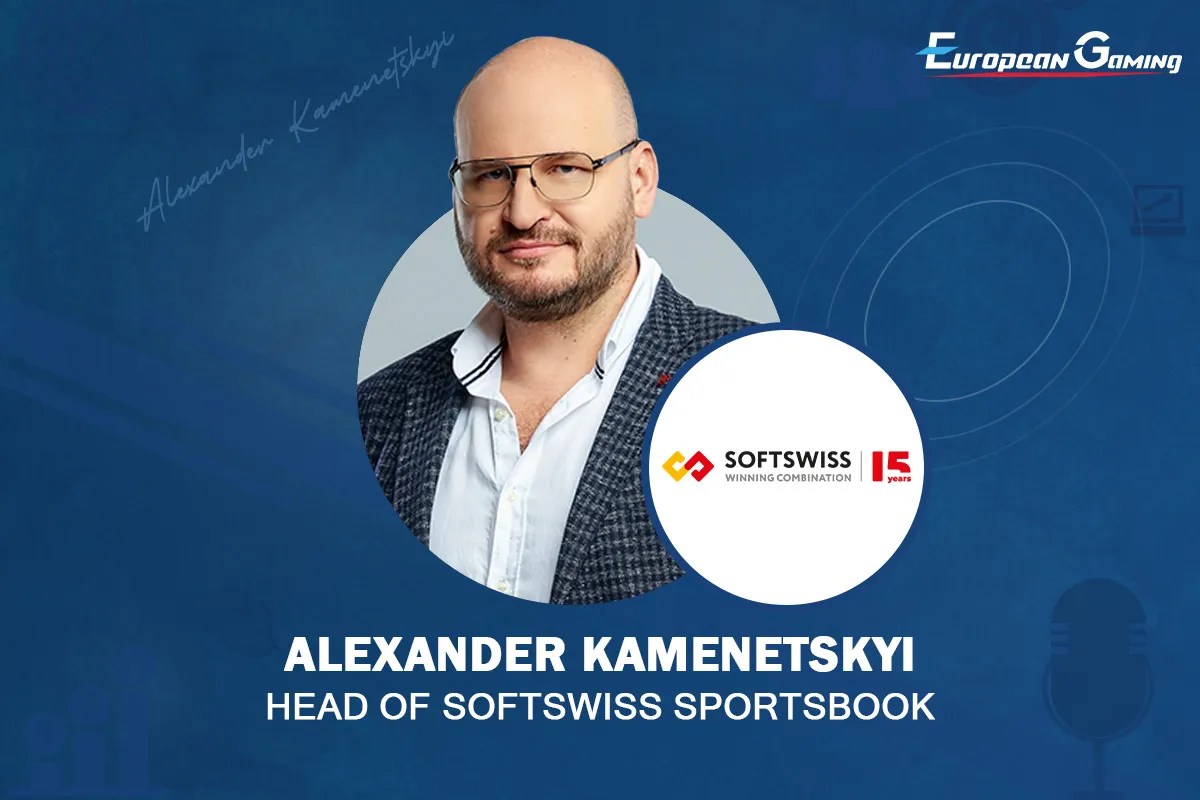European Gaming News
How digital is your country? Europe needs Digital Single Market to boost its digital performance
 Reading Time: 4 minutes
Reading Time: 4 minutes
Brussels, 18 May 2018 — Today the European Commission is publishing the results of the 2018 Digital Economy and Society Index (DESI), a tool which monitors the performance of Member States in digital connectivity, digital skills online activity, the digitisation of businesses and digital public services.
According to it, the EU is getting more digital, but progress remains insufficient for Europe to catch up with global leaders and to reduce differences across Member States. This calls for a quick completion of the Digital Single Market and increased investments in digital economy and society.
Andrus Ansip, Vice-President for the Digital Single Market, said: “This is a shift, albeit small, in the right digital direction. As a whole, the EU is making progress but not yet enough. In the meantime, other countries and regions around the world are improving faster. This is why we should invest more in digital and also complete the Digital Single Market as soon as possible: to boost Europe’s digital performance, provide first-class connectivity, online public services and a thriving e-commerce sector.”
Mariya Gabriel, Commissioner for Digital Economy and Society, said: “We look forward to a rapid progress on major reforms such as the European Electronic Communications Code aiming at boosting investments in enhanced connectivity. This year’s Digital Economy and Society Index demonstrates that we must deploy further efforts to tackle lack of digital skills among our citizens. By integrating more digital technologies and equipping them with skills, we will further empower citizens, businesses and public administrations. This is the way to succeed the digital transformation of our societies.“
Over the past year, the EU continued to improve its digital performance and the gap between the most and the least digital countries slightly narrowed (from 36 points to 34 points). Denmark, Sweden, Finland and the Netherlands scored the highest ratings in DESI 2018 and are among the global leaders in digitalisation. They are followed by Luxembourg, Ireland, the UK, Belgium and Estonia. Ireland, Cyprus and Spain progressed the most (by more than 15 points) over the last four years. However, some other EU countries still have a long way to go and the EU as a whole needs to improve to be competitive on the global stage.


DESI 2018 shows:
Connectivity has improved, but is insufficient to address fast-growing needs
- Ultrafast connectivity of at least 100 Mbps is available to 58% of households and the number of subscriptions is rapidly increasing. 15% of homes use ultrafast broadband: this is twice as high as just two years ago and five times higher than in 2013.
- 80% of European homes are covered by fast broadband with at least 30 Megabits per second (Mbps) (76% last year) and a third (33%) of European households have a subscription (23% increase compared to last year, and 166% compared to 2013).
The number of mobile data subscriptions has increased by 57% since 2013 reach 90 subscriptions per 100 people in the EU. 4G mobile networks cover on average 91% of the EU population (84% last year).
Indicators show that the demand for fast and ultrafast broadband is rapidly increasing, and is expected to further increase in the future. The Commission proposed a reform of EU telecoms rules to meet Europeans’ growing connectivity needs and boost investments.
More and more Europeans use the internet to communicate
The highest increase in the use of internet services is related to telephone and video calls: almost half of Europeans (46%) use the internet to make calls, this is almost a 20% increase compared to last year and more than 40% increase compared to 2013. Other indicators show that 81% of Europeans now go online at least once a week (79% last year).
To increase trust in the online environment, new EU rules on data protection will enter into force on 25 May 2018.
The EU has more digital specialists than before but skills gaps remain
- The EU improved very little in the number of Science, Technology, Engineering and Mathematics (STEM) graduates (19.1 graduates per 1000 people aged 20 to 29 years old in 2015, compared to 18.4. in 2013);
- 43% of Europeans still do not have basic digital skills (44% last year).
Alongside the Digital Skills and Jobs Coalition, the Commission has launched the Digital Opportunity Traineeships to tackle the digital skills gap in Europe. The pilot initiative will provide digital traineeships for up to 6,000 students and recent graduates until 2020 in another EU country.
Businesses are more digital, e-commerce is growing slowly
While more and more companies send electronic invoices (18% compared to 10% in 2013) or use social media to engage with customers and partners (21% compared to 15% in 2013), the number of SMEs selling online has been stagnating over the past years (17%).
In order to boost e-commerce in the EU, the Commission has put forward a series of measures from more transparent parcel delivery prices to simpler VAT and digital contract rules. As of 3 December 2018, consumers and companies will be able to find the best deals online across the EU without being discriminated based on their nationality or residence.
Europeans use more public services online
58% of internet users submitting forms to their public administration used the online channel (52% in 2013).
- 18% of people use online health services.
In April 2018, the Commission adopted initiatives on the re-use of public sector information and on eHealth that will significantly improve cross-border online public services in the EU.
Background
The annual Digital Economy and Society Index (DESI) aims to measure the progress of EU Member States towards a digital economy and society. It helps EU countries identify areas requiring priority investments and action. The DESI is also a key tool when analysing digital in the European Semester, which allows EU countries to discuss their economic and budget plans and monitor progress at specific times throughout the year.
This year, both DESI and the more detailed analysis of national digital policies, providing an overview of progress and of policy implementation by Member States (previously called Europe’s Digital Progress Report) are published jointly using the DESI name. A more detailed Telecoms Chapter for each Member State is annexed to the reports. To make better comparison between Member States, DESI also develops cross-country analyses in connectivity, skills, use of the internet, take-up of digital technology by businesses, digital public services, ICT R&D and innovation investment and use of Horizon 2020 research and innovation programme funds by Member States.
The Commission has presented 29 legislative proposals under its Digital Single Market strategy and called, in a recent Communication, the European Parliament and Member States to adopt these proposals by the end of 2018.
Source: European Gaming News

European Gaming News
Could the Gambling Commission ban wagering requirements?
Wagering requirements; whether you love them or hate them, with the Gambling Review well underway, there’s never been a better time to debate if they still have a place in modern gambling and whether the upcoming review will ban them once and for all. But first, let’s look at their development and why they are a contentious issue in the industry.
What are wagering requirements?
Wagering requirements are a common term and condition attached to a bonus that prevents players from taking a promotion and withdrawing it immediately. They are applied differently by each gambling brand. Some, like PlayOJO, Paddy Power, MrQ and Betfair, have revolutionised the casino scene by offering no wagering bonuses. In contrast, others take the predatory route and list bonuses with up to 100x requirements (the average is around 30x).
The requirement is the amount a player must wager at the casino before any winnings made with a bonus are valid for withdrawal. In the case of a £100 bonus, a 30x requirement would mean a player must wager a total of 100×30=£3,000 before they could withdraw any winnings. Most players would easily decimate their winnings before fulfilling the condition and, as most bonuses expire within 7-14 days, may well be forced to play for periods, or at times, they otherwise might not.
Why do wagering requirements exist?
In the early days of online casinos, bonus hunting among players became widely popular. It led to forums where players shared information on where and how to profit from the best welcome bonuses, earning money from the available offers available and never playing at a site again.
As casinos began to notice players taking bonuses and withdrawing without using them fairly, they combatted the practice with wagering requirements and other terms, such as the ability to withdraw a bonus and any winnings made if an account was suspect of this activity.
However, with no limits or official licensing rules to regulate wagering requirements at that time, things soon got out of hand as operators set high limits that were and still are unattainable to most players. Additionally, in many cases, the terms and conditions were not clearly displayed or explained, leading to the confiscation of bonuses and winnings without players understanding how or why they’d fallen foul of the casino’s rules.
Wagering requirements under fire with UKGC
By 2014, and following a flood of player complaints, the Gambling Commission weighed in, creating the Gambling (Licensing and Advertising) Act which prescribed operators were to advertise their bonus terms and conditions clearly and explain them to players. This led to some reducing their requirements to more feasible levels. However, not all operators followed suit, hence why we’re still discussing wagering requirements today.
More recently, in February 2022, the UKGC set its sights on reforming wagering requirements again, issuing new guidance regarding fair and transparent terms and practices, which acknowledged that wagering requirements could lead to excessive play, not in line with social responsibility rules for operators.
The new guidance rules cited that licensees used potentially unfair terms, with examples including:
- “terms that allow licensees to confiscate customers’ un-staked deposits
- terms regarding treatment of customers’ funds where a licensee believes there has been illegal, irregular or fraudulent play
- promotions for online games that have terms entitling a licensee to void real money winnings if a customer inadvertently breaks staking rules
- terms that unfairly permit licensees to reduce potential winnings on open bets.”
It also stated that the Commission was aware of:
- “terms and conditions that are difficult to understand
- welcome bonus offers and wagering requirements which may encourage excessive play.”
While the guidance did not contain rules for abolishing or limiting wagering requirements, they instructed licensees to review their terms and conditions to ensure they fit consumer protection laws and that; “The LCCP requires rewards and bonuses to be constructed in a way that is socially responsible. Although it is common practice to attach terms and conditions to bonus offers, the Commission does not expect conditions, such as wagering requirements, to encourage excessive play.”
Will wagering requirements be banned?
With the Gambling Review white paper currently overdue and keenly expected by all industry stakeholders, many wonder if it will cover wagering requirements or, more specifically, exclude them from casino practice. The Gambling Review aims to update the 2005 Gambling Act, fit for the modern age, and wagering requirements would undoubtedly slot into the remit of what’s being discussed, which includes greater player protections and affordability checks.
While it’s clear that some big-name operators and affiliates like No Wagering are pioneering the way in bringing zero wagering bonuses to players, many sites have not followed suit. This is despite clear evidence that players favour fairer bonuses (PlayOJO is one of 39 brands operated by the same parent company, it is the only one with zero requirements, and it’s the most successful of all, according to the company).
Realistically, we’re not sure that the new gambling regulations will ban wagering requirements completely (as we covered earlier, they do exist for a reason), but it certainly wouldn’t be beyond the imagination for there to be a maximum cap applied in the view that excessive requirements equate to excessive play.
What’s next for operators and bonuses if wagering requirements are banned?
Bonuses are one of the most important factors for players in picking between casino sites, and they make players feel lucky to score something for free straight off the bat (even if the wagering requirements mean this is not really the case).
If wagering requirements are banned, operators unwilling to offer bonuses without wagering requirements will have to return to the drawing board and reimagine rewards, especially welcome offers. Alternatively, they could begin competing based on other USPs, such as focusing more on the casino product to pull in the punters by offering unique games, making space for indie developers, having instant withdrawals, or gamified loyalty benefits and better loyalty clubs.
Moreover, it would present a fantastic opportunity for remote operators to move away from the tired system of matched deposit bonuses towards more exciting and fresher ideas like promo wheel spins, mystery gifts on first deposits, prize draws and so on. With brands including PlayOJO, Paddy Power, MrQ and Betfair already doing this, operators do not lack a blueprint to success, just the gumption to embrace a new model.
Bulgaria
Betway Bulgaria officially launches, offers live and bet-builder options
Another company has officially launched its activities in the growing niche of online betting in Bulgaria. But here we are not just talking about another operator licensed by national institutions, but about a leading brand worldwide. Betway is one of the largest bookmakers in Europe and globally, and the fact that it already offers its services in Bulgaria speaks positively about the development of the gambling business in the country.
Indications of an increase in the size of the industry appeared last year, when several operators received a permit to operate under Bulgarian jurisdiction. It is unlikely that this process will end with the official launch of betway bulgaria, rather the brand entering the country can be perceived by international operators as a positive assessment of the market in Bulgaria. What can we find at Betway besides the obvious – increased competition and of course more choice for consumers?
What do we find in the sports section?
Sports betting – this is the leading sector of the company, which started operations in 2006. The brand is associated with a number of teams in Europe such as Tottenham, Atletico Madrid, Leicester, Alaves, Belenenses, Werder, etc. Of course, the top championships in Europe are present in the latest betting platform, but that’s not all. Betway offers the opportunity to make predictions at less popular UEFA championships. The fans of the Bulgarian championship have options too. All matches of the First League are present in the bookmaker’s menu, and are offered with dozens of choices for each of them.
Real-time bets and long-term combinations
Live bets are a big thrill for many players. This option is present at Betway, and this also applies to the mobile version, of course. It is not difficult to detect current events – they come first when loading the platform. And with them the bookmaker really comes up with interesting offers, some of which are rare on the Bulgarian market. The outcome of the bets become clear in literally seconds if the next goal market or one of the performance options is selected.
In addition, the company accepts predictions with a much longer horizon. It is now standard to bet on who will be the champion in England, Spain, Italy or Germany. However, there are also specific markets and selections for certain teams – will Barcelona take the trophy this season, will Liverpool reach the final in at least one of the tournaments in which it participates, etc. And if users don’t find what they’re looking for in these offers, they can always turn to the betting menu. The bet-builder is still limited to one match, from which we can choose two or more selections until the desired odds are formed. This is the most appropriate way to optimize the bet according to personal preferences and therefore it is increasingly preferred by the players.
Betway’s first steps on the Bulgarian market are impressive. And this is just the beginning, we can expect even more in the near future.
European Gaming News
EveryMatrix inks RGS Matrix agreement with Wild Boars
EveryMatrix announces the second RGS Matrix partnership with Wild Boars, newly launched gaming studio that aims to bring creative storytelling and a fresh feel to the gaming industry.
Launched in 2019 as EveryMatrix sixth standalone solution, RGS Matrix enables gaming development teams to distribute, manage, and report upon a proprietary game product portfolio.
This ‘out of the box’ remote gaming server was built on an open architecture and caters for outstanding player experience, consistent deployment, and quicker content integration.
Mathias Larsson, Managing Director of RGS Matrix, says: “This is our second RGS Matrix agreement and it brings me a lot of joy to know that our solution starts gaining momentum in the market. Our remote gaming server aims to help the new generation of game builders by providing all the means to create, design, distribute and manage games.
“The team of Wild Boars is experienced, skilled and highly creative. I am looking forward to seeing their games live and appreciated by players in many countries.”
Oleksandr Yermolaiev, Managing Director of Wild Boars, comments: “We truly believe that choosing a right partner is crucial for success. For us, RGS Matrix and its remarkable team is just that partner. We are excited to use EveryMatrix solution, focus on what we do best and bring our innovative games to a wide range of operators, territories and players. RGS Matrix is dashing ahead and we are happy to join the ride.”
RGS Matrix powers slots and table games, and is currently certified for Malta, Latvia, Lithuania, Estonia, Sweden, Spain, Denmark, Romania, and Colombia, with many jurisdictions to come in the upcoming years.
-

 Latest News2 months ago
Latest News2 months agoFairplay Exchange signs as new sponsor of Stephen Hendry’s Cue Tips
-

 Latest News2 months ago
Latest News2 months ago2 PEOPLE CAUGHT OPERATING ILLEGAL ONLINE GAMING SITE
-

 Latest News3 months ago
Latest News3 months agoWazdan partners with 711.nl for significant expansion in the Netherlands
-

 Latest News3 months ago
Latest News3 months agoPlaytech Extends Partnership with BoyleSports Until 2028
-

 Latest News3 months ago
Latest News3 months agoOneCasino Partners with Delasport to Also Conquer Sports Betting in the Netherlands
-

 Latest News2 months ago
Latest News2 months agoStarGames Named Premium Partner of the International ADAC Truck Grand Prix 2024
-
Latest News2 months ago
Casino Crypto Giant Bitline Partners with Ciphertrace for Enhanced Compliance in Digital Asset Transactions
-

 Latest News2 months ago
Latest News2 months agoEuropean Gaming Q1 2024 Meetup: Exploring Innovation, Marketing, and the iGaming Industry Hubs



























You must be logged in to post a comment Login